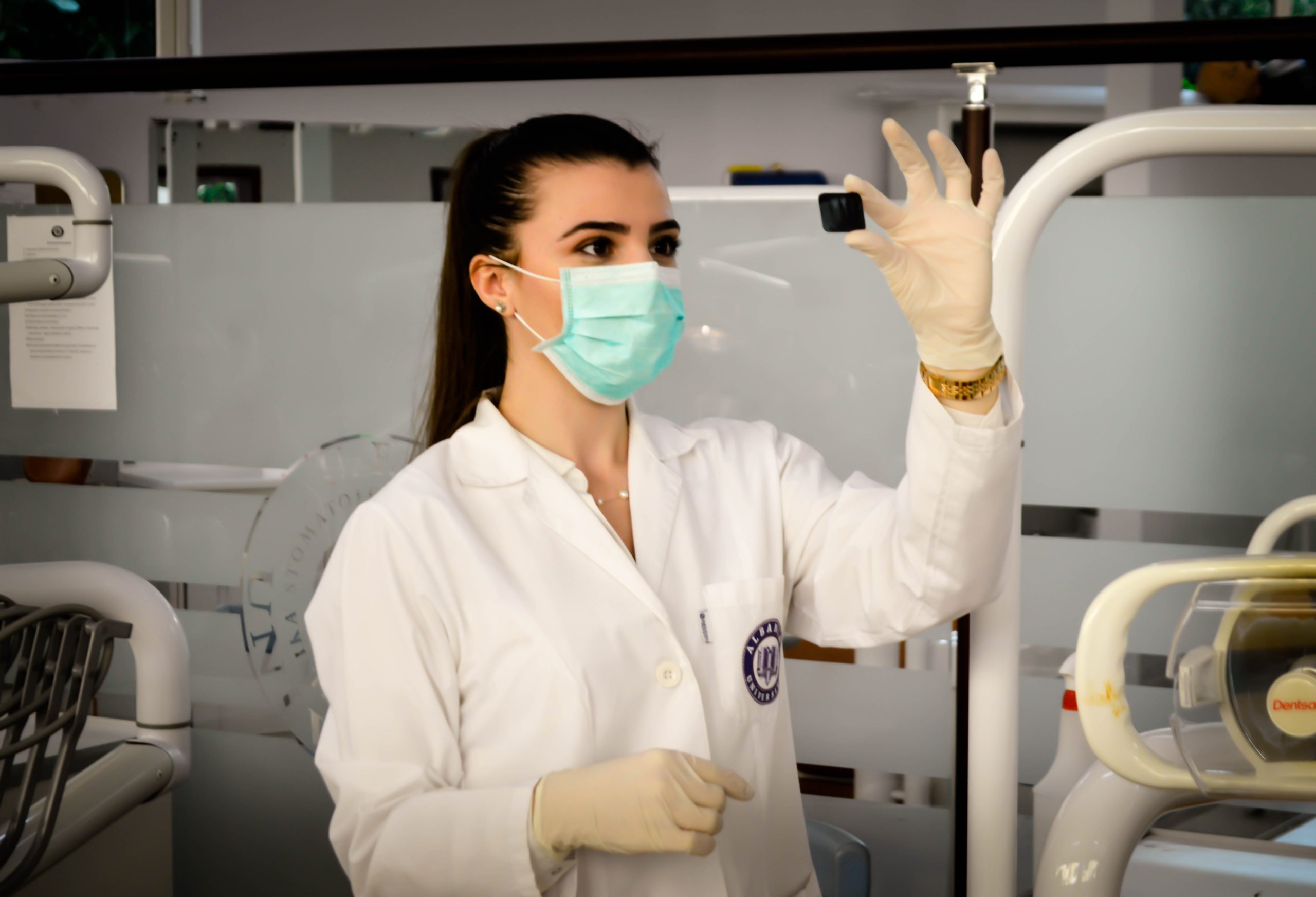
Lauren Dempsey, MS in Biomedicine and Law, RN, FISM News
[elfsight_social_share_buttons id=”1″]
The CDC estimates that the majority of Americans have had a prior COVID-19 infection. Researchers from the CDC conducted a study from September 2021 through February 2022 in which they analyzed blood samples for specific markers that indicate the antibodies were created from infection, not vaccination.
The blood samples that were used were those drawn for other medical purposes and revealed that antibodies to SARS-CoV-2 were present in 60 percent of patients. The antibody test used in the study identifies anyone that had a COVID-19 infection in the last two years.
Experts maintain that this information cannot determine a person’s level of immunity even though titers, a similar type of blood work used to evaluate antibodies present in the bloodstream, have been a long-accepted method to determine immunity against a specific disease.
These natural antibodies are distinguishable from those that are created by vaccines. However, researchers caution that the presence of antibodies should not be mistaken as protection against the virus and continue to downplay that they’ve been wrong about the benefits of natural immunity.
Weighing in on the missteps and misguided directives given in the name of science over the past 2 years, Bill Maher previously remarked on his show Real Time with Bill Maher: “Wrong about lockdowns, wrong about kids, wrong about how you couldn’t get it if you were vaccinated. Remember washing our packages? I’m just asking how much wrong do you get to be while still holding the default setting for people who represent the science.”
The CDC suggests that naturally acquired protection should not be misconstrued as protection against future COVID-19 infection. If this is true, it begs the question of whether vaccine antibodies’ are equally unable to provide adequate protection from future infection, especially since we know that vaccination does not prevent SARS-CoV-2 infection? The CDC continues to encourage mass vaccination, yet the fourth dose of the vaccine is no different in composition than the first, meaning individuals are being vaccinated against a variant of the virus that is no longer circulating.
Kristie Clarke, a co-lead author for the CDC’s COVID-19 Epidemiology and Surveillance Taskforce Seroprevalence Team, stated, “We still do not know how long infection-induced immunity will last.” Although rarely acknowledged by the CDC, evidence from multiple studies indicates natural immunity is long-lasting and durable, unlike vaccine-induced immunity.
According to studies, the current vaccines provide immunity for approximately 12 weeks, after which they dramatically wane, indicating poor durability overall and the need for multiple doses.
The CDC estimates that by December 2021 almost 34 percent of Americans had infection-produced COVID-19 antibodies and that by February 2022, after the Omicron surge, that statistic increased to about 58 percent of the population. The agency believes that almost 200 million people in the United States have had COVID-19, much more than the 80.8 million documented cases.
The agency’s report also included children in the study, revealing that 75 percent of children aged 17 and younger had antibodies present in their bloodstream. Clark suggests that eligible children should be vaccinated, regardless of previous infection, and maintains that the best way to protect children under the age of 5 “is to make sure that they are surrounded by people who are taking preventive measures like staying up to date with their vaccines.”
